Swiss take in asylum seekers at home

After months of delay, a project to house asylum seekers with Swiss families has finally got off the ground. Around 300 families have offered to share their roofs. swissinfo.ch visited the first case near Morges to find out more.
Alain Christen’s two young children wrestle playfully with a burly young Eritrean man on the living room sofa. One bites his arm and another tries to jump on his shoulders.
“Morad is like a big brother for them,” explains the father.
The 24-year-old asylum seeker, who moved into the Christen family’s home at Lully near Morges on March 1, beams a huge smile.
After months of struggle – fleeing his country via the desert, working to pay for the dangerous Mediterranean crossing, narrowly avoiding death and living in limbo as an asylum seeker in Switzerland – Morad Essa is enjoying life again.
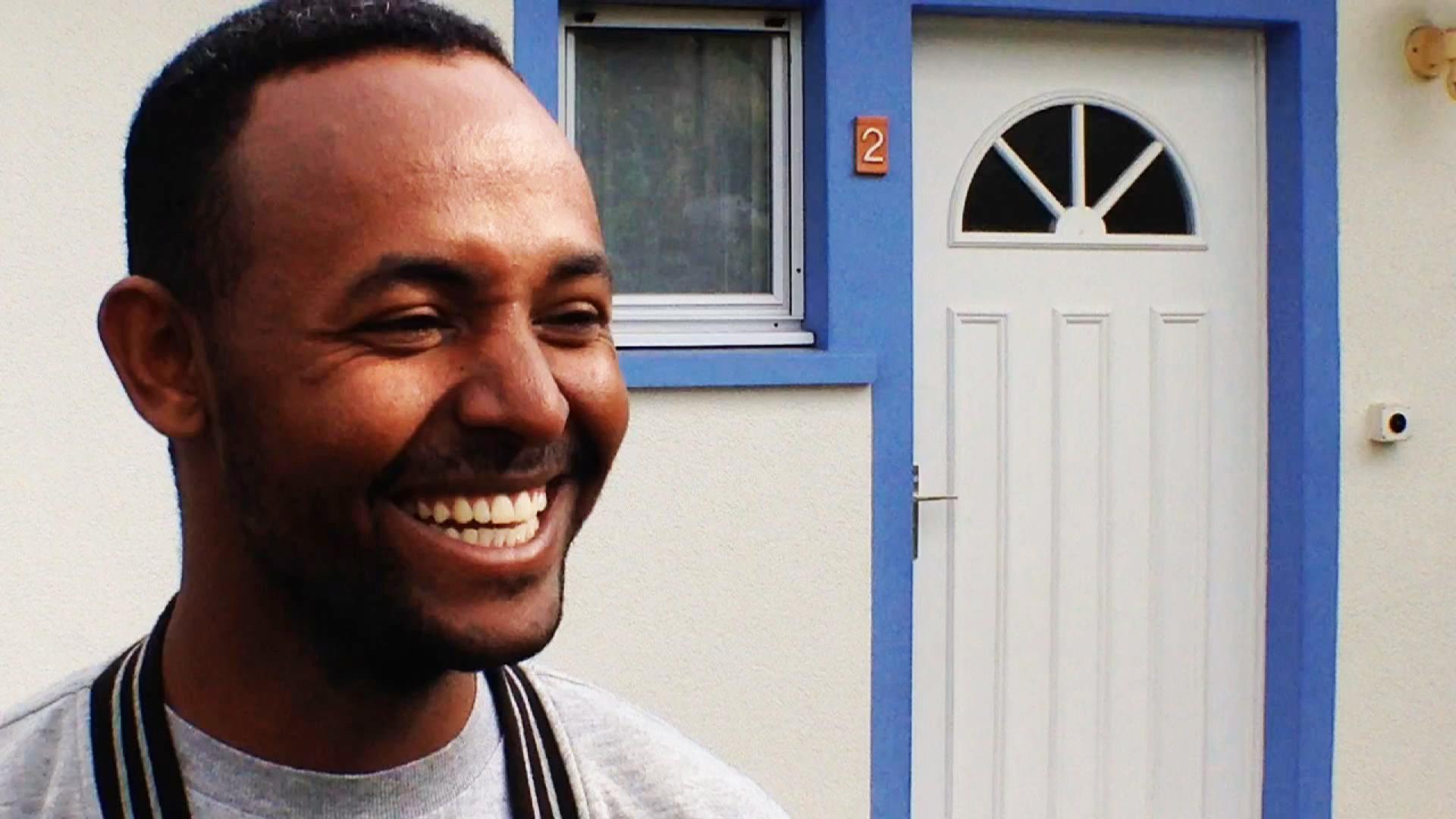
More
‘Morad’s like their big brother’
Every month, some 4,000 people flee Eritrea. About 20,000 live in Switzerland, home of Eritrea’s largest diaspora. Morad is the first asylum seeker to be chosen to take part in a long-overdue housing programme launched by the Swiss Refugee Council (SRC)External link in 2013 for those who are likely to stay in the country.
“We believe that the best way to integrate someone into a complex society like Switzerland is to bring people as close as possible to those who are already adapted,” explains SRC spokesman Stefan Frey.
Over 300 Swiss families like the Christen’s have volunteered to open up their homes to accommodate asylum seekers.
“For the past two months we’ve been living a real adventure,” says Alain Christen, who works as a social worker for young children. He was persuaded to sign up to the scheme by his wife Anick, who heard about it via national radio, RTS.
“Nowadays we all travel a lot and we are used to being in bed and breakfast accommodation or using Airbnb,” she declared. “People take in au pair girls and we share our privacy with all kinds of different people, so at the end of the day it’s not really a very courageous thing to do.”
Under an agreement signed together with the SRC and the Cantonal Vaud Establishment for MigrantsExternal link, Morad, whose asylum application is ongoing, will remain with the Christen’s for an initial six-month period.
“Afterwards we’ll see where we are and what they want to do. It depends on his capacity to integrate,” says SRC spokesman Stefan Frey.
Morad’s priority is to learn French. He has made huge progress since joining the family, and in return they have picked up some Arabic.
“In parallel to his language training, we’re looking together with the Christen family’s network to see if we can find him a job,” adds Frey. Morad dreams of being a mechanic.

More
Morad’s journey to Europe
Following on from Morad, a family of Syrians has been living with an elderly Swiss couple in Sins in canton Aargau since April.
“Our family can now finally think about the future, about work and possible professional training,” Milad Kourie Ablahad, who used to work in Syria as a goldsmith, told Swiss public television, SRF. His wife was a teacher before they fled the war back home.
The canton is still responsible for the refugees, allocating them small daily expenses and essentially paying rent to the families.
The SRC first announced plans for an asylum accommodation programme in Swiss homes over 18 months ago but it is only just getting off the ground. Numbers are set to grow, however.
“This week I got 20 calls and messages from people who are interested which I have to reply to,” says Frey.
It is not the first time that private Swiss households have taken in asylum seekers as part of a coordinated programme. After the military coup in Chile in the 1970s, Switzerland welcomed 250 asylum seekers. They were initially housed in cantonal centres before many moved to private homes. Since then, such schemes are rare.
Forty years on, the administrative hurdles and approval system necessary to house asylum seekers in Swiss homes have become more complicated. Under the federal system each canton has its own way of working and standards, bemoans Frey.
“The programme has started but what we’ve created in Switzerland these past 25 years is a bureaucratic monster in the asylum system. We treat people like numbers,” says the SRC spokesman. “We have 26 different interpretations of the asylum law in Switzerland.”
Cautious
After cantons Vaud and Aargau, the Bern government recently gave the green light to the scheme, but the housing system there is complex. Regional organisations working with the canton have to fill their asylum structures before handing over excess individuals to private homes. Apart from these three, canton Geneva has also expressed a strong interest.
“There are two or three other cantons which are interested but for political reasons they are being very careful and watching what happens. The political climate in Switzerland is not very welcoming for migrants,” adds Frey.
In recent months several politicians and associations in Switzerland have been urging the authorities to take in more asylum seekers, particularly in the light of the recent surge in deaths in the Mediterranean. Accommodation remains a major sticking point, however. At the local level there has been much resistance to housing asylum seekers, especially in Swiss-German regions.
Frey says the SRC scheme is not a direct answer to the Switzerland’s housing problems or the emergencies in the Mediterranean.
“Our figures are too modest. The idea is to introduce a complementary instrument. We want to create a network of 300-400 families willing to welcome asylum seekers into their homes which are linked and call on them to help improve asylum seekers’ integration. With 400 families, we can multiply by an average of three [asylum seekers per family] and have around 1,000 people who are better integrated into the Swiss system and that makes a difference. But we still have a long way to go,” he adds.
The organisation hopes to have a dozen pilot homes by the end of the year and then roll out the programme in a more standardised way in 2016.
Swiss homes scheme
In Switzerland the federal authorities are responsible for asylum proceedings but it is up to the country’s 26 cantonal authorities, which enjoy considerable autonomy, to implement the policy and oversee questions such as accommodation.
The Swiss Refugee Council (SRC)’s new scheme for housing individuals in private Swiss households is not intended for new arrivals, but rather for asylum applicants who have a provisional permit (F) or have a good chance of securing one. Under the programme, the SRC works with a cantonal partner, such as the Cantonal Vaud Establishment for MigrantsExternal link. The cantonal body remains in charge of the selection of refugees placed with Swiss families, while SRC is responsible for identifying the private households. As well as committing to housing the asylum-seeker for a minimum of six months, the home needs to offer a separate room which can be locked to guarantee a minimum of privacy, and ideally a separate toilet.
The refugee(s) remain in the Swiss administrative system under the responsibility of the canton, in particular for housing and insurance payments. Morad, for example, receives money for daily expenses like food and transport (CHF12-15/day) and he pays the family via the cantonal body according to a sub-rental agreement they have drawn up.

In compliance with the JTI standards
More: SWI swissinfo.ch certified by the Journalism Trust Initiative


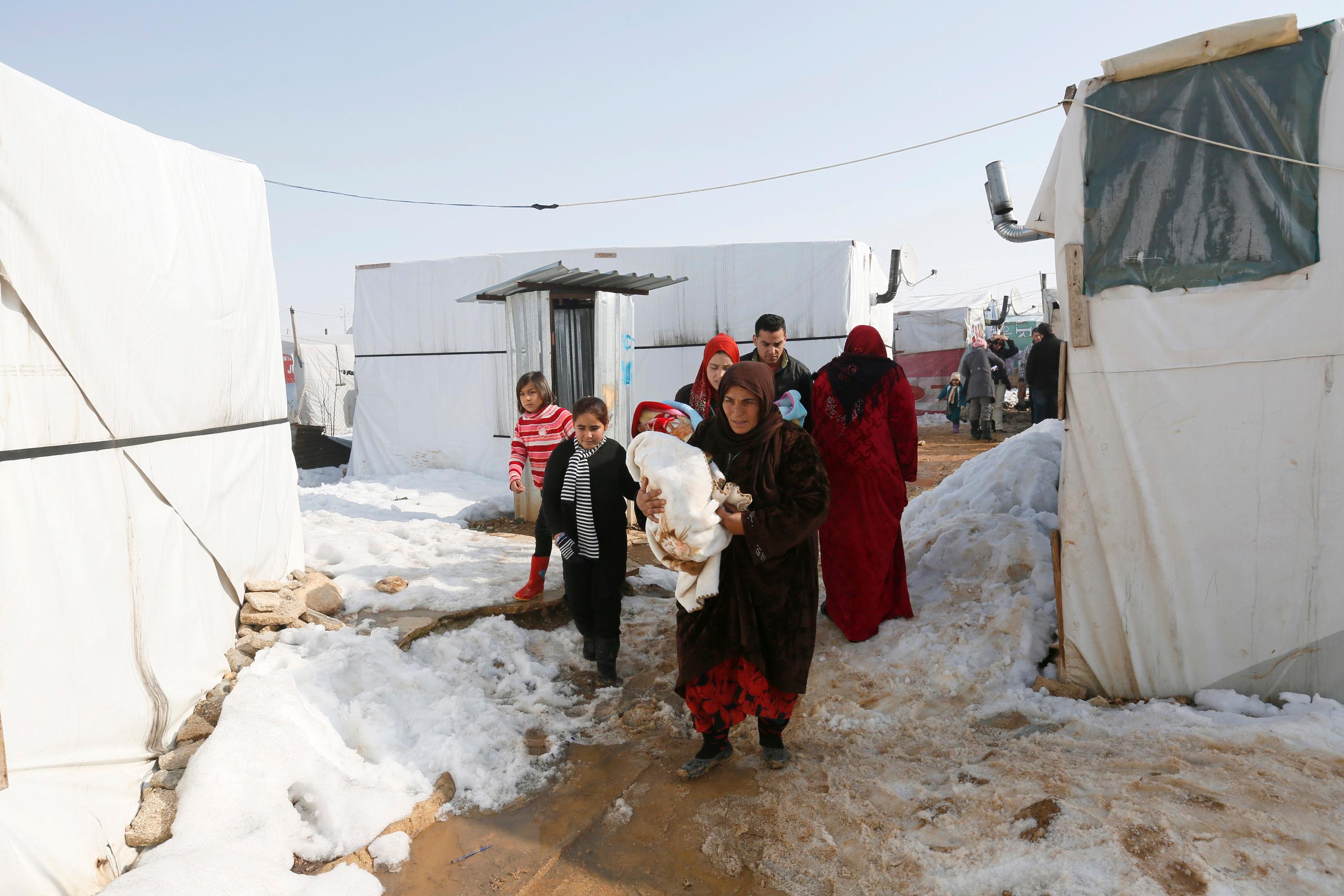
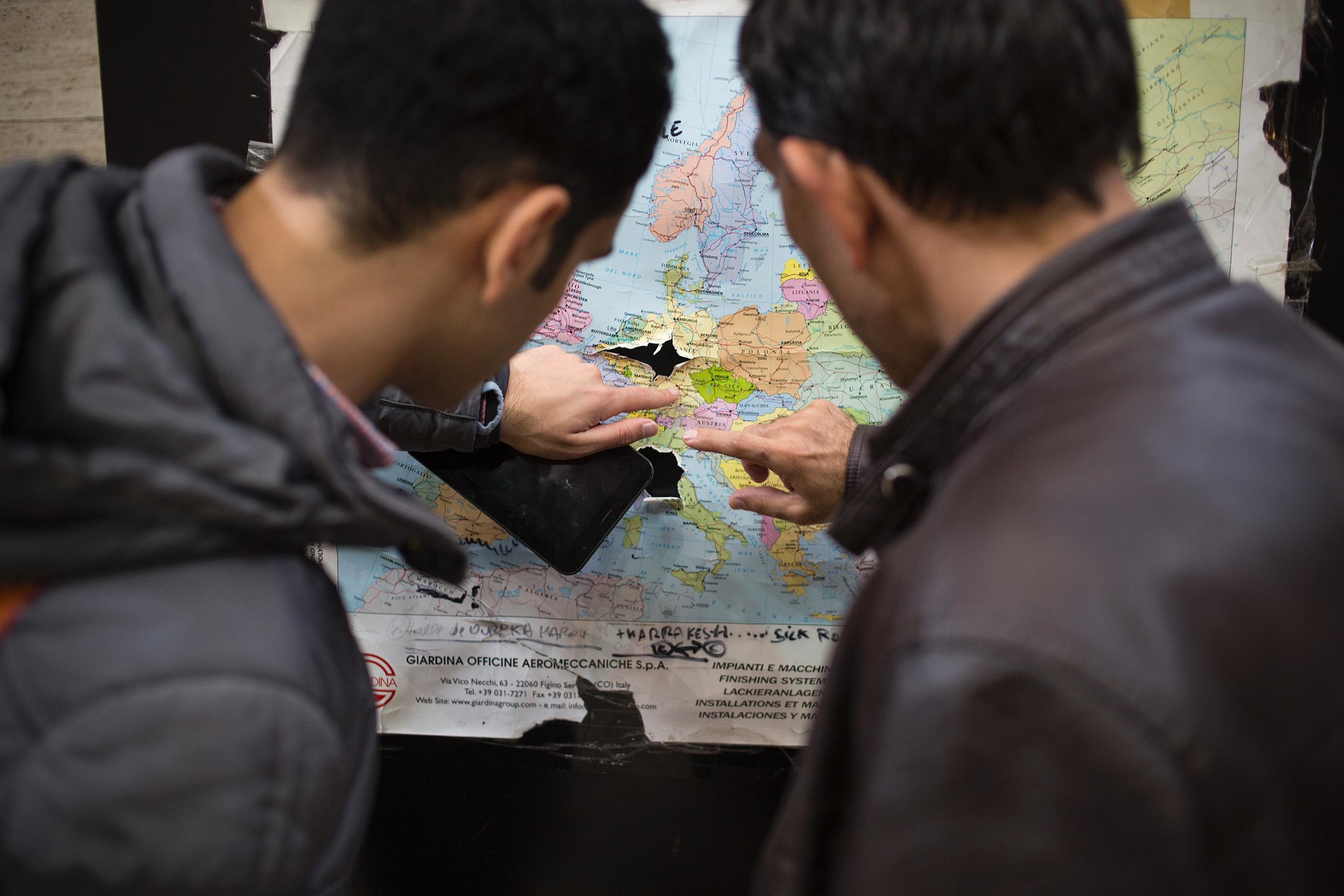
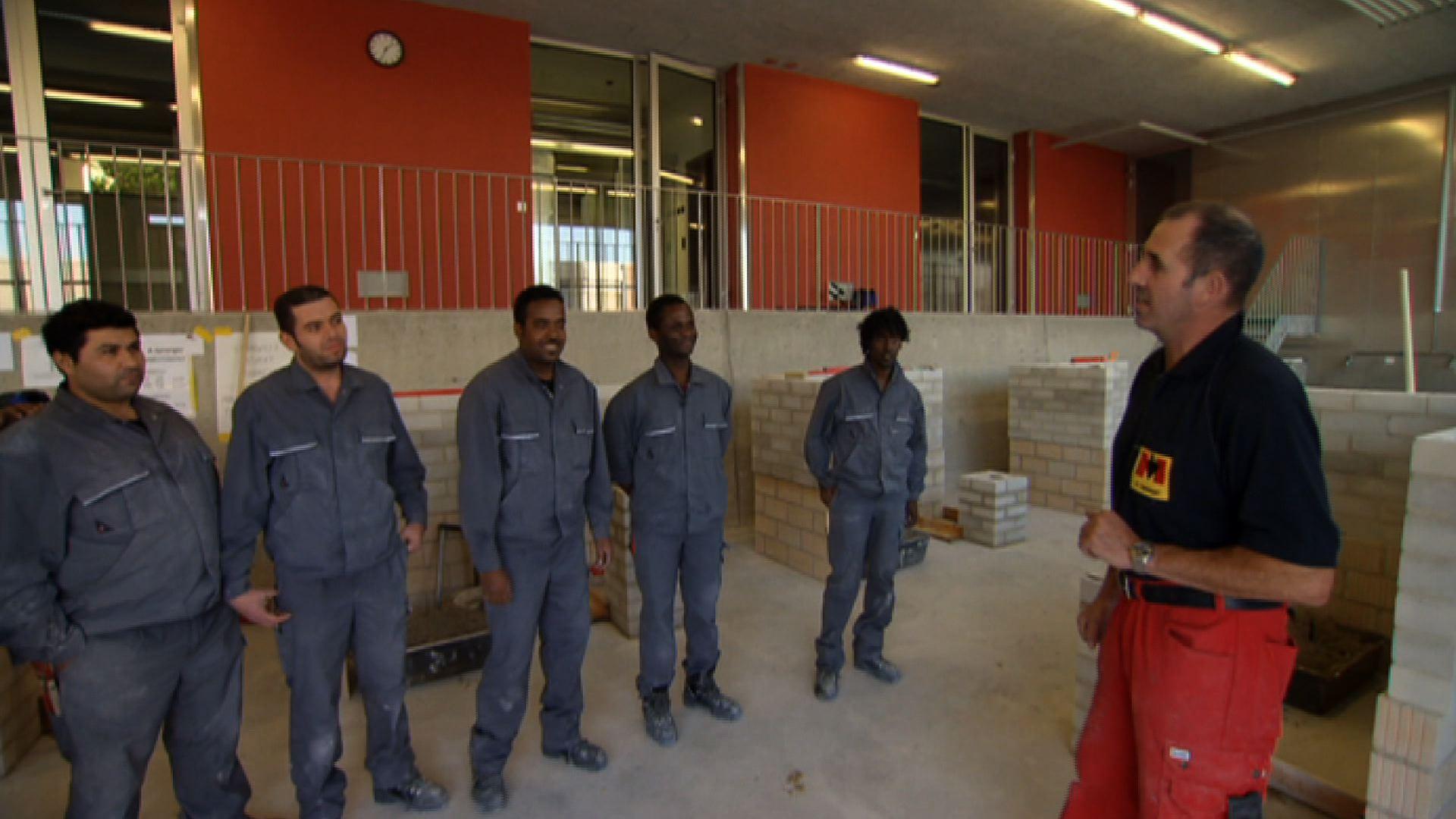
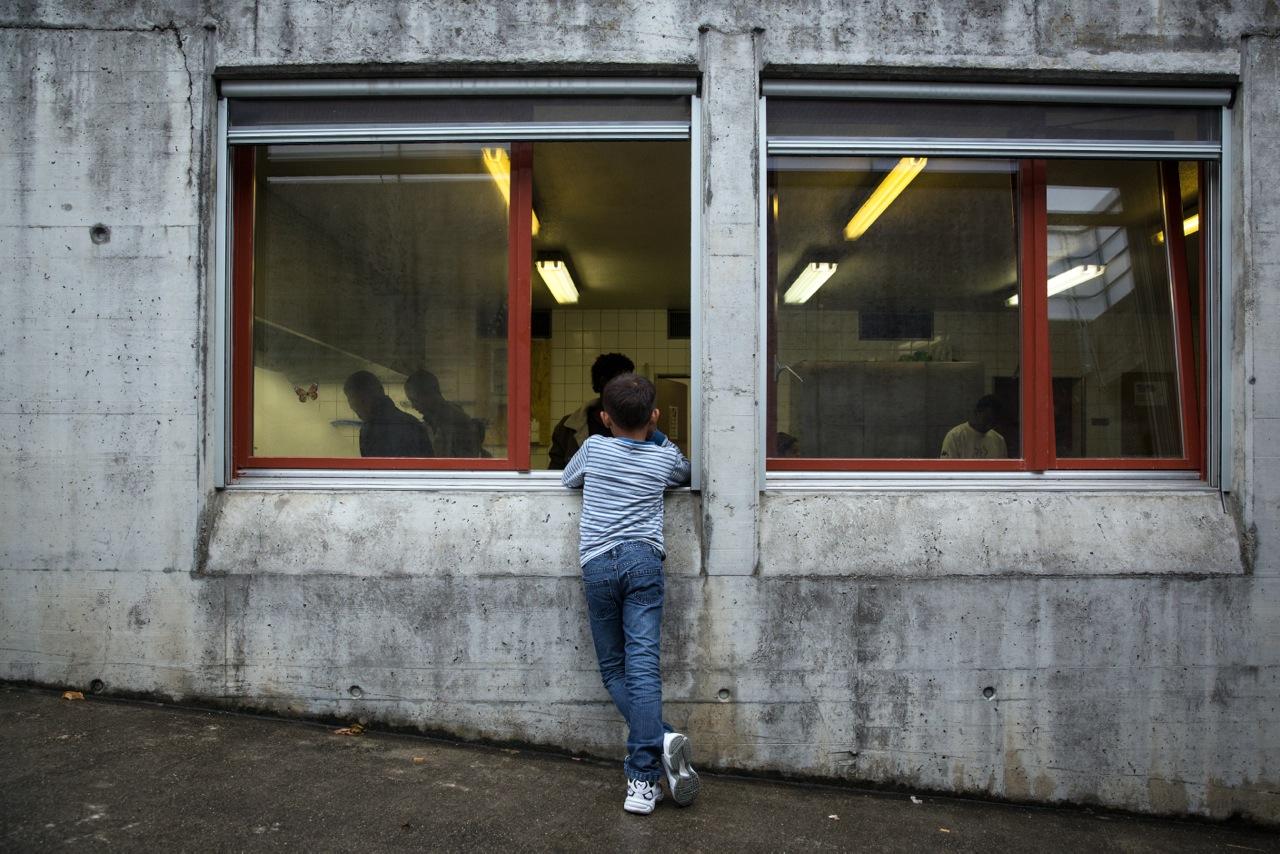
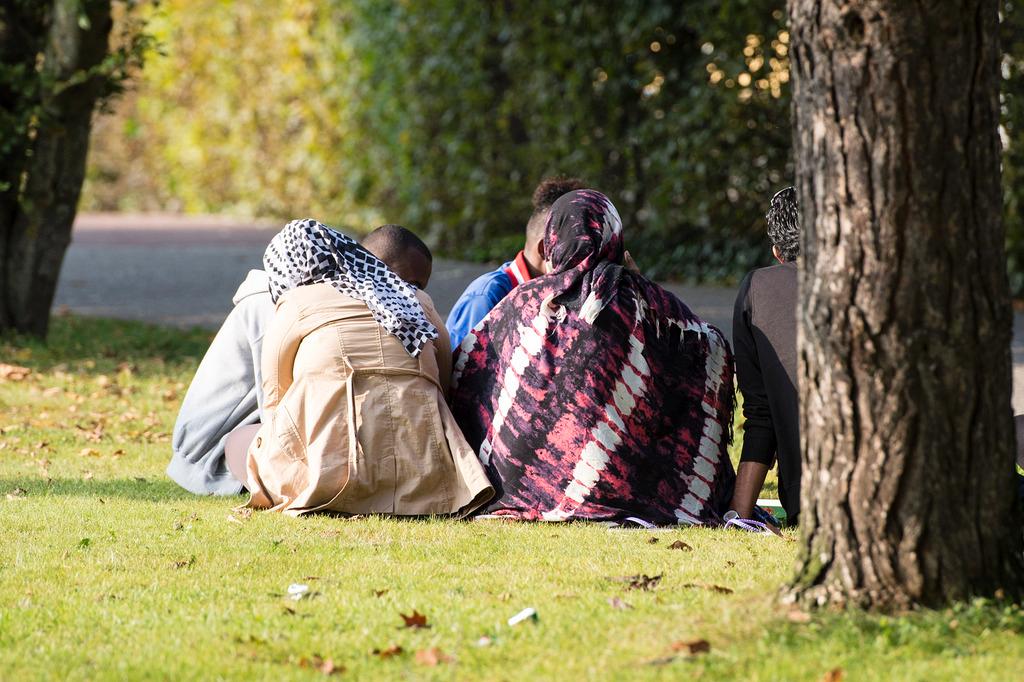

You can find an overview of ongoing debates with our journalists here . Please join us!
If you want to start a conversation about a topic raised in this article or want to report factual errors, email us at english@swissinfo.ch.